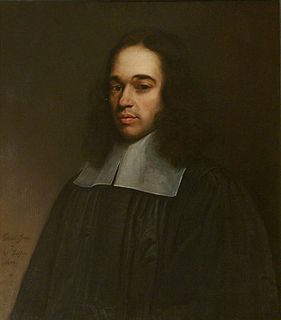A Quote by Elizabeth Barrett Browning
Our Euripides the human, With his droppings of warm tears, and his touchings of things common Till they rose to meet the spheres.
Related Quotes
In the middle of a garden grew a rose tree; it was full of roses, and in the loveliest of them all lived an elf. He was so tiny that no human eye could see him. He had a snug little room behind every petal of the rose. He was as well made and as perfect as any human child, and he had wings reaching from his shoulders to his feet. Oh, what a delicious scent there was in his room, and how lovely and transparent the walls were, for they were palest pink, rose petals.
Branches grew from his hands, his hair. His thoughts tangled like roots in the ground. He strained upward. Pitch ran like tears down his back. His name formed his core; ring upon ring of silence built around it. His face rose high above the forests. Gripped to earth, bending to the wind's fury, he disappeared within himself, behind the hard, wind-scrolled shield of his experiences.
The sobs and tears of joy he had not foreseen rose with such force within him that his whole body shook and for a long time prevented him from speaking. Falling on his knees by her bed. He held his wife's hand to his lips and kissed it, and her hand responded to his kisses with weak movement of finger. Meanwhile, at the foot of the bed, in the midwife's expert hands, like the flame of a lamp, flickered the life of a human being who had never existed before.
A man's character is like his house. If he tears boards off his house and burns them to keep himself warm and comfortable, his house soon becomes a ruin. If he tells lies to be able to do the things he shouldn't do but wants to, his character will soon become a ruin. A man with a ruined character is a shame on the face of the earth.
No Senses stronger than his brain can bear. Why has not Man a microscopic eye? For this plain reason, Man is not a Fly: What the advantage, if his finer eyes Study a Mite, not comprehend the Skies?... Or quick Effluvia darting thro' his brain, Die of a Rose, in Aromatic pain? If Nature thunder'd in his opening ears, And stunn'd him with the music of the Spheres... Who finds not Providence all-good and wise, Alike in what it gives, and what denies?
And in vain does the dreamer rummage about in his old dreams, raking them over as though they were a heap of cinders, looking into these cinders for some spark, however tiny, to fan it into a flame so as to warm his chilled blood by it and revive in it all that he held so dear before, all that touched his heart, that made his blood course through his veins, that drew tears from his eyes, and that so splendidly deceived him!
I don't want to. Believe me. But I can't help it. Rose said in time, I'll learn the control to keep his feelings out, but I can't do it now. And he has so much, Sydney. So much feeling. He feels everything so strongly— love, grief, anger. His emotions are up and down, all over the place. What happened between him and Rose . . . it tears him apart.
Euripides seems to have felt that the dignified perfection of Sophocles could be challenged only by novelty and irresponsibility. The religious conditions of the Dionysian festival kept him within certain bounds. But within the imposed limits Euripides was as profane as he dared to be, making melodrama of the divine realities which his predecessors accepted religiously, using the stage merely as a convenience for popularizing his own eccentric values.
This is a man with an old face, always old... There was pathos, in his face, and in his eyes. The early weariness; and sometimes tears in his eyes, Which he let slip unconsciously on his cheek, Or brushed away with an unconcerned hand. There were tears for human suffering, or for a glance Into the vast futility of life, Which he had seen from the first, being old When he was born.






































